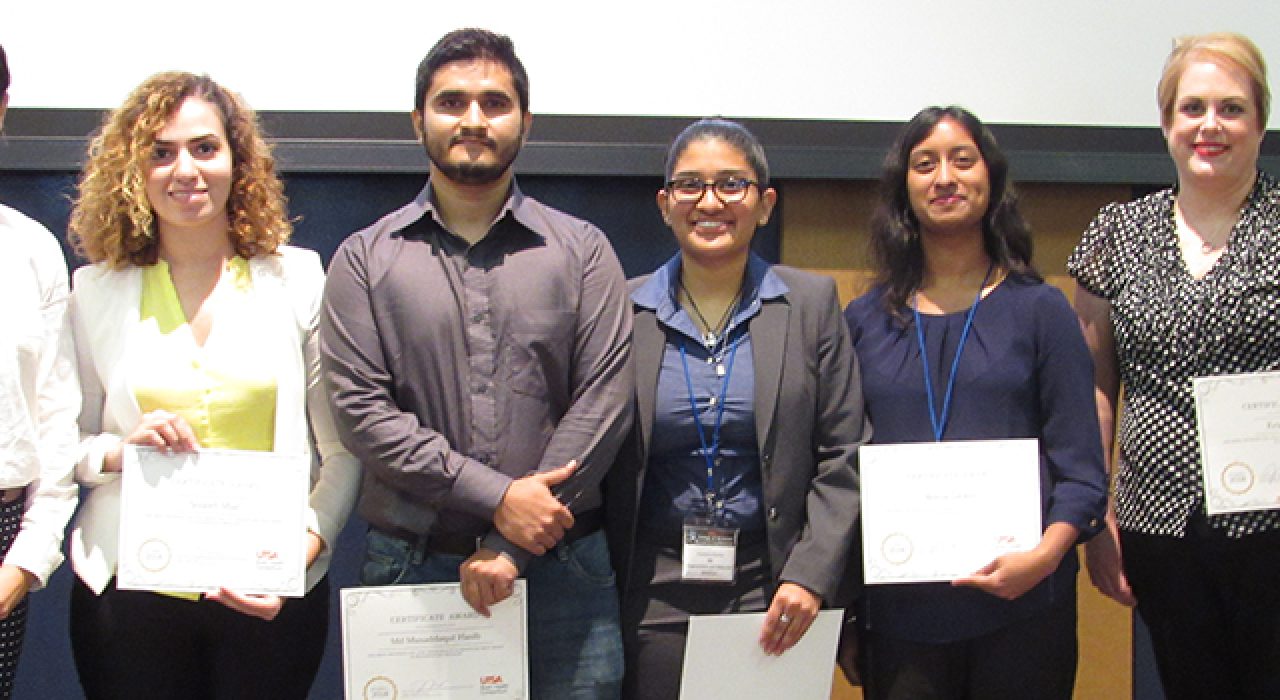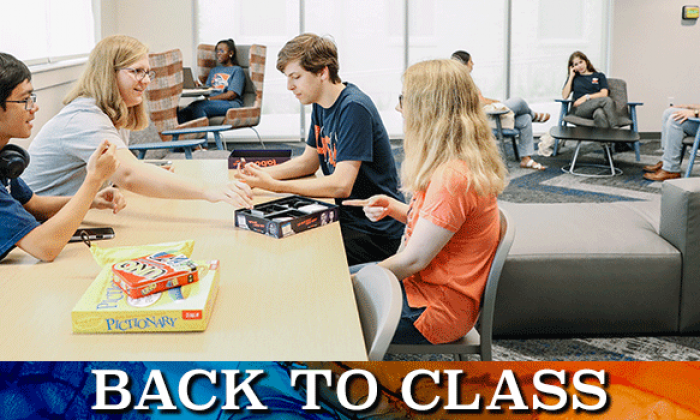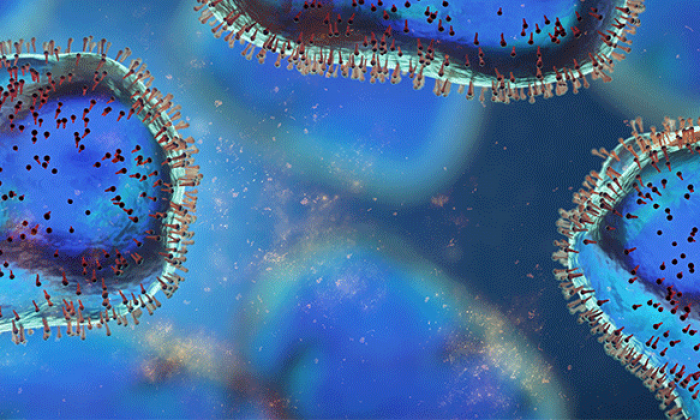(Oct. 19, 2018) — The UTSA Brain Health Consortium (BHC) is an interdisciplinary team encompassing faculty and researchers from the Colleges of Sciences, Engineering, and Liberal and Fine Arts, that uses the power of stem cells and precision medicine approaches to know the nature of brain disorders and translate this knowledge to improve patient lives.
Earlier this summer, the BHC offered a special funding opportunity: seed grant awards for graduate students and postdoctoral research fellows on campus whose research focuses on brain health or regenerative medicine. Specifically, the BHC was eager to give trainees the opportunity to learn new cutting-edge techniques in stem cell and regenerative medicine research, propelling them into a career of novel scientific and human therapeutic discovery.
“A key component of the BHC is supporting our graduate students and postdocs in meaningful and substantive ways,” explained Jenny Hsieh, director of the UTSA Brain Health Consortium. “We created this funding opportunity in our first year to spark and encourage our trainees to explore new ideas and new lines of inquiry in our field. Aligning with the institution’s strategic priorities, our goals were also to improve student success and the student experience, and increase research productivity to further our Carnegie R1 aspirations.”
To be eligible, graduate students had to be currently enrolled in a master’s degree or a Ph.D. program while postdoctoral fellows had to have four years or less of postdoctoral training.
A panel of UTSA faculty reviewed the applications, including Hsieh, Christopher Navara and Zane Lybrand. After careful scrutiny, the following scholars were each awarded $15,000 with their funding beginning November 1, 2018 until June 30, 2019.
Originally, the BHC had funds to allocate three seed grant awards. The College of Engineering then joined and matched the funds so that a total of six awards could be given. The awardees were also publicly recognized at the recent 2018 College of Sciences Research Conference.
The Brain Health Consortium seed grant winners:
Megan Mahlke, Department of Biology
“Evaluating pluripotency using high-throughput gene expression assays in baboon ESCs and iPSCs”
John McCarrey, Principal Investigator
Erin Pollet, Department of Biomedical Engineering
“Correlating Behavioral Changes and Activity to Cellular Changes in Alzheimer’s Patients: A Quantu Project”
Amina Qutub, Principal Investigator
Borna Sarker, Department of Biology
“Generation of iPSC-Derived Retinal Organoids from Humanized CX3CR1 Variant Receptor Mice to Understand Mechanisms of Neuronal Damage”
Astrid Cardona, Principal Investigator
The Regenerative Medicine seed grant award winners:
Francisca Acosta, Department of Biomedical Engineering
“Cerebral Organoid Augmentation using intact Microvascular Fragments”
Christopher Rathbone, Principal Investigator
Md Musaddaqul Hasib, Department of Electrical and Computer Engineering
“Characterize Signatures of Electric Signals in Human Epileptic Organoids using Deep Learning”
Yufei Huang, Principal Investigator
Solaleh Miar, Department of Biomedical Engineering
“Promoting neuromuscular function during muscle regeneration using materials based biophysical and biochemical stimulation”
Teja Guda, Principal Investigator
“Molding and advancing the next wave of regenmed and neuroscience investigators, research areas for which UTSA and the city are renowned, is critical as we build the talent pipeline. With funding and mentoring, our students will have the necessary skills and investigative mindset to be successful once they graduate,” concluded JoAnn Browning, dean of the UTSA College of Engineering.



